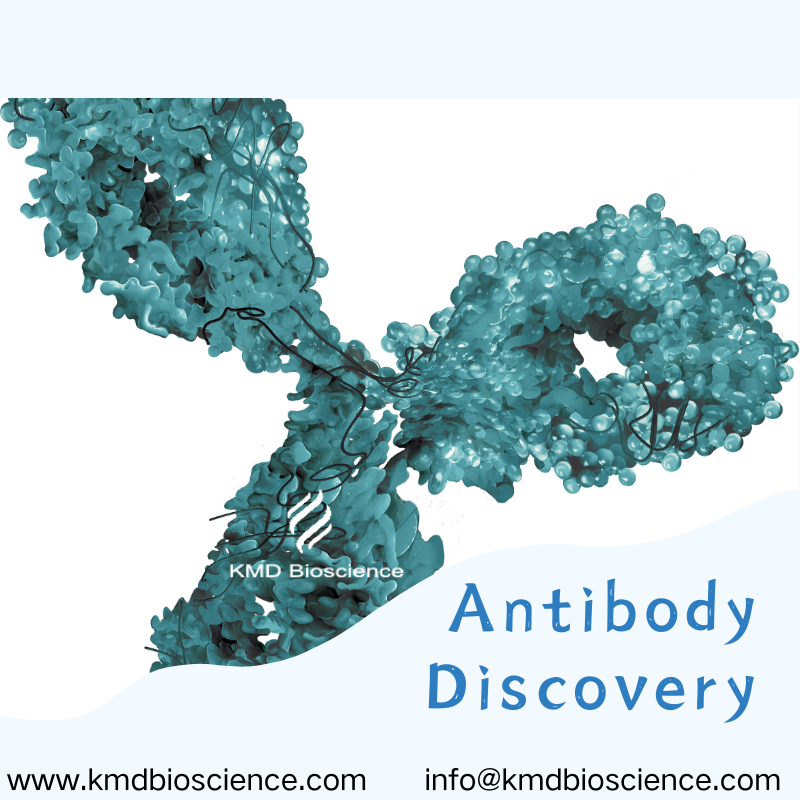Monoclonal and polyclonal antibodies are two distinct types used in research, diagnostics, and therapeutics. They differ in their production methods, specificity, and applications. Here’s a detailed comparison:
Monoclonal Antibodies
Production
Source: Derived from a single clone of B cells, which are hybridomas created by fusing an antibody-producing B cell with a myeloma (cancer) cell.
Process:
Immunization: An animal (typically a mouse) is immunized with a specific antigen.
Fusion: Spleen cells (which produce antibodies) are fused with myeloma cells.
Selection: Hybridomas are selected for their ability to produce antibodies against the antigen.
Cloning: Single hybridoma clones are isolated and expanded.
Production: Large quantities of identical (monoclonal) antibodies are produced from these clones.
Characteristics
Specificity: Monoclonal antibodies are particular and recognize a single epitope on an antigen.
Consistency: Each batch of monoclonal antibodies is identical, as they are produced from the same hybridoma clone.
Purity: Generally highly pure and homogeneous, reducing background noise in assays.
Applications
Research: Useful for studying specific molecules or pathways.
Diagnostics: Employed in assays such as ELISA, Western blotting, and immunohistochemistry.
Therapeutics: Used in targeted therapies, such as in cancer treatment (e.g., trastuzumab for HER2-positive breast cancer).
Polyclonal Antibodies
Production
Source: Derived from the serum of immunized animals (e.g., rabbits, goats) where multiple B cell clones are activated.
Process:
Immunization: An animal is immunized with an antigen (or its derivatives).
Harvesting: After an immune response is generated, blood is collected from the animal.
Serum Extraction: Antibodies are purified from the serum of the immunized animal.
Characteristics
Specificity: Polyclonal antibodies recognize multiple epitopes on the same antigen, which can increase their overall binding capacity.
Variability: Each batch can differ slightly in antibody composition because they are derived from different B cell clones.
Purity: Often less pure than monoclonal antibodies, containing a mix of antibodies with different specificities.
Applications
Research: Useful for detecting proteins that may have multiple epitopes, offering a broader range of recognition.
Diagnostics: Employed in assays where multiple epitopes on the target antigen are beneficial for detection.
Therapeutics: Less commonly used in therapeutics but can be used in some treatments and for passive immunization.
Key Differences
Specificity
Monoclonal antibody: Single specific epitope.
Polyclonal antibody: Multiple epitopes on the same antigen.
Production Consistency
Monoclonal antibody: Consistent and reproducible.
Polyclonal antibody: Variable between batches.
Purity
Monoclonal antibody: Generally higher and more homogeneous.
Polyclonal antibody: This can include a mixture of antibodies.
Applications
Monoclonal antibody: Ideal for specific, targeted applications.
Polyclonal antibody: Useful for detecting multiple epitopes or when a broader reactivity is needed.
Note: How do polyclonal antibodies perform in diagnostic tests compared to monoclonal antibodies?
Polyclonal and monoclonal antibodies each have strengths and weaknesses in diagnostic tests:
Polyclonal Antibodies
Sensitivity: Often more sensitive due to binding multiple epitopes.
Cross-Reactivity: Higher potential for cross-reactivity, which can lead to false positives.
Batch Variability: Greater variability between batches, affecting reproducibility.
Monoclonal Antibodies
Specificity: Highly specific to a single epitope, reducing the risk of cross-reactivity.
Reproducibility: Consistent results across batches, enhancing reliability.
Customization: This can be tailored for specific targets, improving test accuracy.
Summary
Polyclonal antibodies: Better for detecting low-abundance targets due to higher sensitivity, but may require additional validation to address cross-reactivity.
Monoclonal antibodies: Preferred for high specificity and consistency, crucial for precise diagnostics.
Overall, the choice between polyclonal and monoclonal antibodies depends on the specific requirements of the diagnostic test.
Conclusion
Monoclonal antibodies offer high specificity and consistency, making them ideal for precise research and therapeutic applications. Polyclonal antibodies, while less specific and variable, are valuable when detecting multiple epitopes or when a broader immune response is beneficial. The choice between monoclonal and polyclonal antibodies depends on the specific needs of the application, including the desired specificity, sensitivity, and reproducibility.






Comments